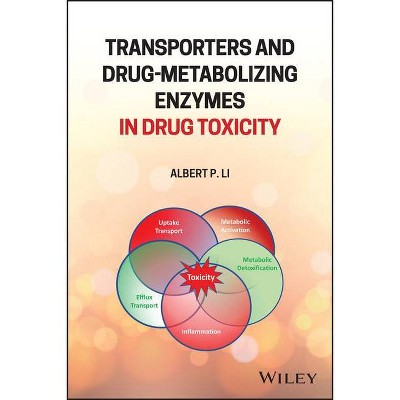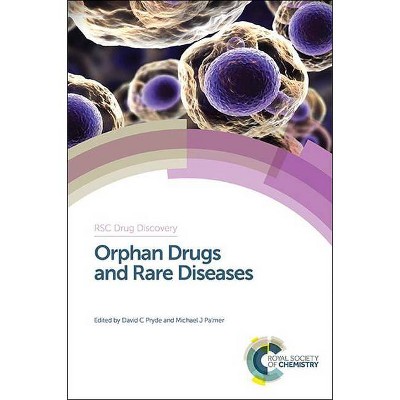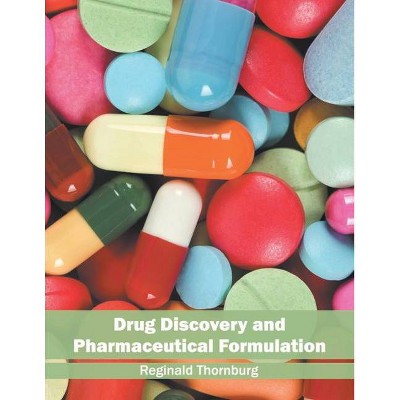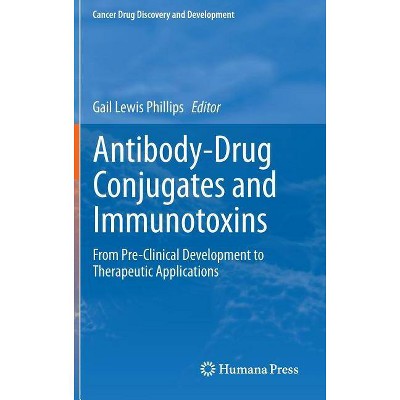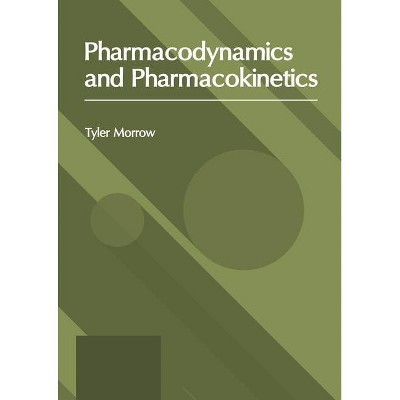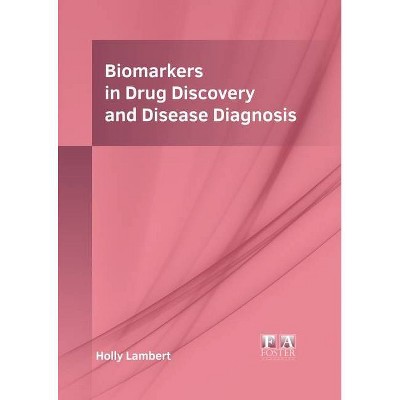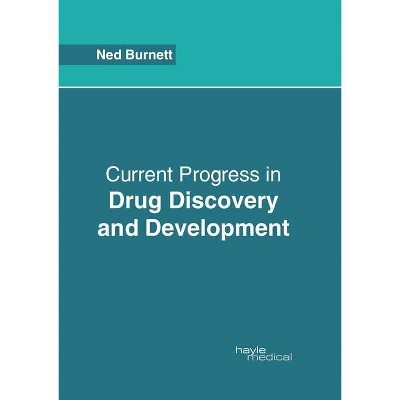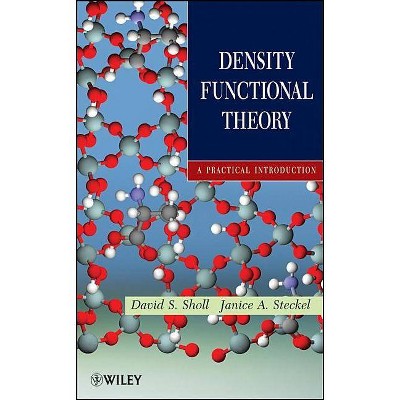Metabolism, Pharmacokinetics and Toxicity of Functional Groups - (Drug Discovery) by Dennis A Smith & David Fox (Hardcover)
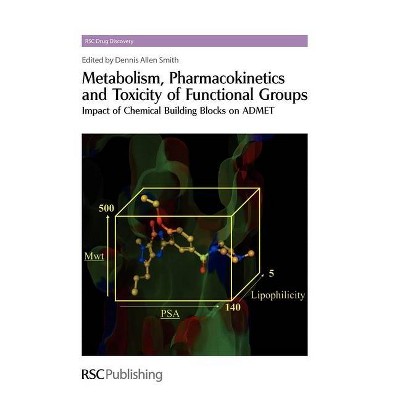
Similar Products
Products of same category from the store
AllProduct info
<p/><br></br><p><b> About the Book </b></p></br></br>Written by medicinal chemists and ADMET scientists with a combined experience of over 300 years this aid to discovering drugs provides detailed coverage on absorption, distribution, metabolism, excretion and toxicology issues associated with new drugs.<p/><br></br><p><b> Book Synopsis </b></p></br></br>Until now, the area of drug metabolism and pharmacokinetics has been lacking in texts written for the Medicinal Chemist. This outstanding book, aimed at postgraduate medicinal chemists and those working in industry, fills this gap in the literature. Written by medicinal chemists and ADMET scientists with a combined experience of around 300 years, this aid to discovering drugs addresses the absorption, distribution, metabolism, excretion and toxicity (ADMET) issues associated with drugs. The book starts by describing drug targets and their structural motifs before moving on to explain ADMET for the medicinal chemist. It is the functional groups which most profoundly influence the drug molecules of which they form a part. They characterise the pharmacology, are essential to the activity, and alter the ADMET characteristics of each drug. Their effects follow a pattern, thus allowing medicinal chemists to predict and overcome potential challenges. For this reason, the Editors have taken the unique approach of dividing the remainder of the book into chapters which each focus on a different functional group. They describe drugs containing the functional group under consideration, explain why the group is there, and outline its physicochemical properties before going on to detail the ADMET issues. Where possible, prodrugs and bioisosteres, which may give alternative ADMET outcomes, are described. The chapters cross refer where similar matters are covered but individual chapters can be used in a stand alone manner. The book ends with a discussion of future targets and chemistry needs.<p/><br></br><p><b> From the Back Cover </b></p></br></br>This outstanding book provides insight into the metabolism, pharmacokinetics and toxicity (ADMET) of chemicals by dividing the subject into functional groups. Following a description of chemical space and general ADMET in a unique way, by referring to actual chemical structures (functional groups) which even influence the molecules, they are incorporated into, in a specific manner. Many of the groupings are characterise the pharmacology of the drugs and are essential for particular activity; they are also a major influence in changing ADMET characteristics. These changes follow a pattern, thus allowing medicinal chemists to understand likely changes and how these can be overcome. Each chapter describes drugs containing the group, why the group is there and the physiochemical properties of a functional group before detailing the ADMET issues. In addition prodrugs and biosioteres are described where possible which may give alternative ADMET outcomes. The final chapter looks at future needs in terms of chemistry and ADMET understanding. Written by a team of scientists from Pfizer the book will appeal to postgraduate medicinal chemists and those working in industry.<p/><br></br><p><b> About the Author </b></p></br></br>Professor Dennis Smith has worked in the pharmaceutical industry for 32 years after gaining his Ph.D from the University of Manchester. For 20 years he was at Pfizer Global Research and Development, Sandwich where he was Vice President-Pharmacokinetics, Dynamics and Metabolism. For the past 2 years he has been a Pfizer Academic Research Fellow working on a part-time basis. His research interests and publications span all aspects of Drug Discovery and Development particularly where drug metabolism knowledge can impact on the design of more efficacious and safer drugs. During this 30-year span he has helped in the Discovery and Development of eight marketed NCEs. He has authored over 100 publications including two books.
Price History
Price Archive shows prices from various stores, lets you see history and find the cheapest. There is no actual sale on the website. For all support, inquiry and suggestion messages communication@pricearchive.us
